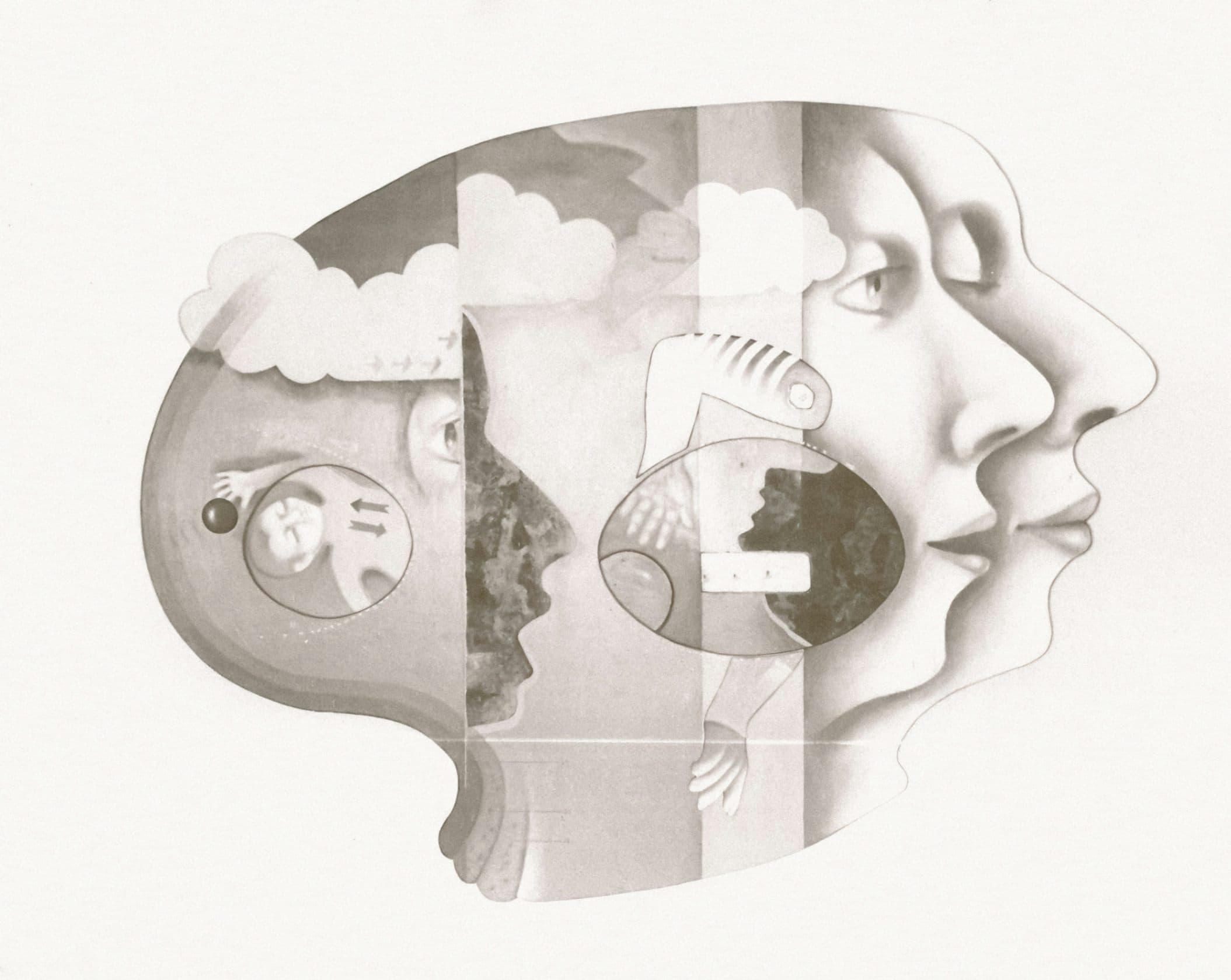
Channeling ADHD Strengths into Professional Growth
People with ADHD often possess unique cognitive traits that can fuel innovation, adaptability, and resilience in the workplace. Their tendency to think in non-linear ways helps them approach problems from multiple angles, often leading to creative solutions that others may overlook. In fast-paced environments where adaptability is critical, individuals with ADHD frequently demonstrate an ability to pivot quickly, juggle multiple tasks, and remain energized under pressure. These are not just coping mechanisms but assets that can drive team performance and organizational progress.
In health and mental wellness roles, especially in public-facing departments, the ability to think creatively can lead to more inclusive and effective community programs. For instance, someone with ADHD may be more likely to notice gaps in service delivery or propose unconventional outreach methods that resonate with underserved populations. These contributions are vital in government roles where equity and access are often central goals. Recognizing these strengths and leveraging them intentionally can transform what might feel like liabilities into career-defining advantages.
Managing Executive Function Challenges at Work
While ADHD brings strengths, it also presents daily hurdles that can interfere with work performance if left unaddressed. Executive function difficulties can manifest as missed deadlines, disorganized files, or trouble prioritizing tasks. These challenges are especially pronounced in structured environments with multiple layers of responsibility, such as department leadership or program coordination within city agencies. For professionals in these roles, creating an externalized system of organization is often essential.
One practical strategy is time-blocking, which involves assigning specific time slots to tasks and guarding them against interruptions. This method helps reduce decision fatigue and improves task initiation by removing ambiguity about what needs to be done and when. Using digital calendars with alerts or paper planners with visual time charts can reinforce this practice. Research shows that structured daily routines and visual schedules improve task completion rates and reduce stress for adults with ADHD (Barkley 2011)1.
Accountability Tools That Make a Difference
Accountability is critical for sustaining productivity when attention and memory are inconsistent. Tools like shared task management apps, peer check-ins, or weekly planning meetings can provide external structure and motivation. For example, platforms like Trello or Asana allow users to break projects into smaller, manageable steps while tracking progress visually. These tools also create a shared sense of responsibility when used collaboratively, which can be highly motivating for ADHD professionals who thrive on interaction and feedback.
In public administration settings, accountability partnerships can also be informal. Scheduling a 15-minute weekly call with a trusted colleague to review goals and setbacks can encourage follow-through and reduce isolation. A 2020 study in the Journal of Attention Disorders found that adults with ADHD who engaged in structured accounta
Read-Only
$3.99/month
- ✓ Unlimited article access
- ✓ Profile setup & commenting
- ✓ Newsletter
Essential
$6.99/month
- ✓ All Read-Only features
- ✓ Connect with subscribers
- ✓ Private messaging
- ✓ Access to CityGov AI
- ✓ 5 submissions, 2 publications
Premium
$9.99/month
- ✓ All Essential features
- 3 publications
- ✓ Library function access
- ✓ Spotlight feature
- ✓ Expert verification
- ✓ Early access to new features
More from Health and Mental Wellness
Explore related articles on similar topics





